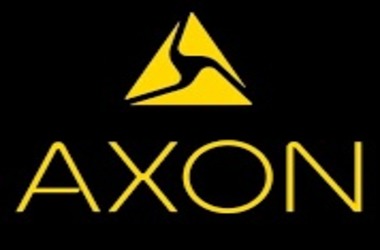
The motivation underlying Axon’s enthusiasm in budding technologies are well known and government worries about “deepfake” videos, which are created using a specific kind of artificial intelligence (AI) making them appear and sound like real.
The deepfake technology has created a lot of uneasiness at the government level as anti-social elements can simply fabricate videos to defame a person. Police department, which uses body cameras, are naturally worried about the development.
Axon is studying the possibility of incorporating blockchain technology to validate the originality of body camera video of police officer.
In the latest series of cameras, Axon has introduced a safe digital signature to assist in tracking origin of videos. In this regard, Axon’s spokesperson said “Axon recognizes the threat posed by ‘deepfakes’ to cause general mistrust in the integrity of any video, including body-worn camera videos.”
Blockchain and AI are extensively utilized by corporates to enhance their in-house procedures and tools. Julia Magas has pointed out that continuous analysis of information using a stringent protocol is necessary for attaining sought after effects and in this regard AI heads the path by permiting info to be accurately classified and distributed.
Implementation of blockchain guarantees that information is managed in a secure surrounding without any hindrance from outside and also prevents modification of data ownership and order. At the government level, the European Union is boosting the quantum of info that can be re-utilized as input for AI and blockchain ventures.
Alexandru Petrescu, Romania’s minister for communications, said:
“These rules are a real enabler for artificial intelligence and will help Europe to become a world leader in this crucial area. They will bolster the EU digital industry, especially smaller companies and startups, which would not otherwise have access to all the data they need to innovate and expand.”